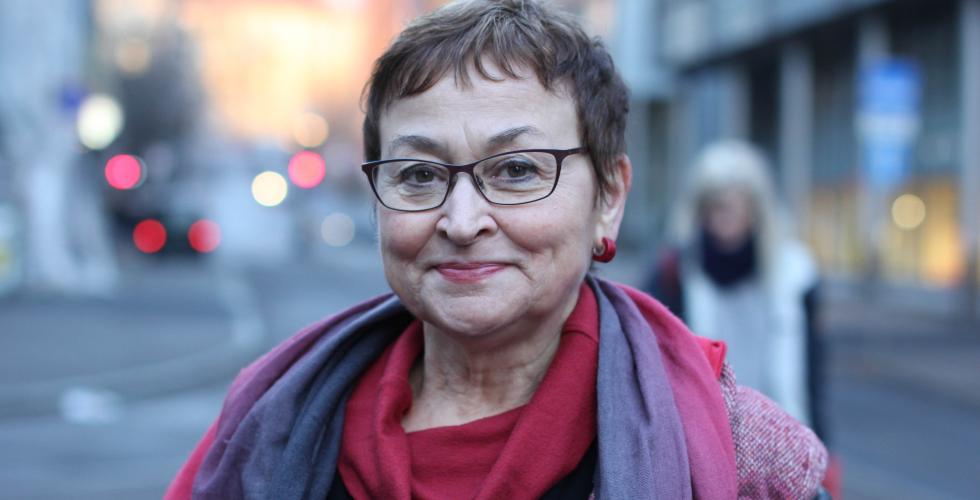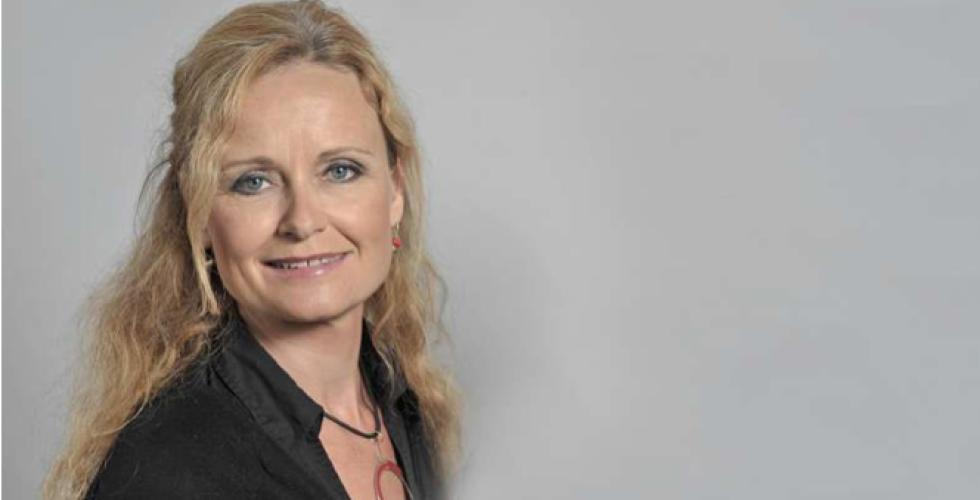Male gender quotas denied
Both the University of Oslo and the University of Bergen are hoping that the Gender Equality Act will be amended. It is the only way they will get their wish to use gender quotas to admit men to professional studies in psychology.
“Of course we must follow the laws and regulations in Norway. But no, this was not what we wanted,” says Pål Kraft, head of the Department of Psychology at the University of Oslo.
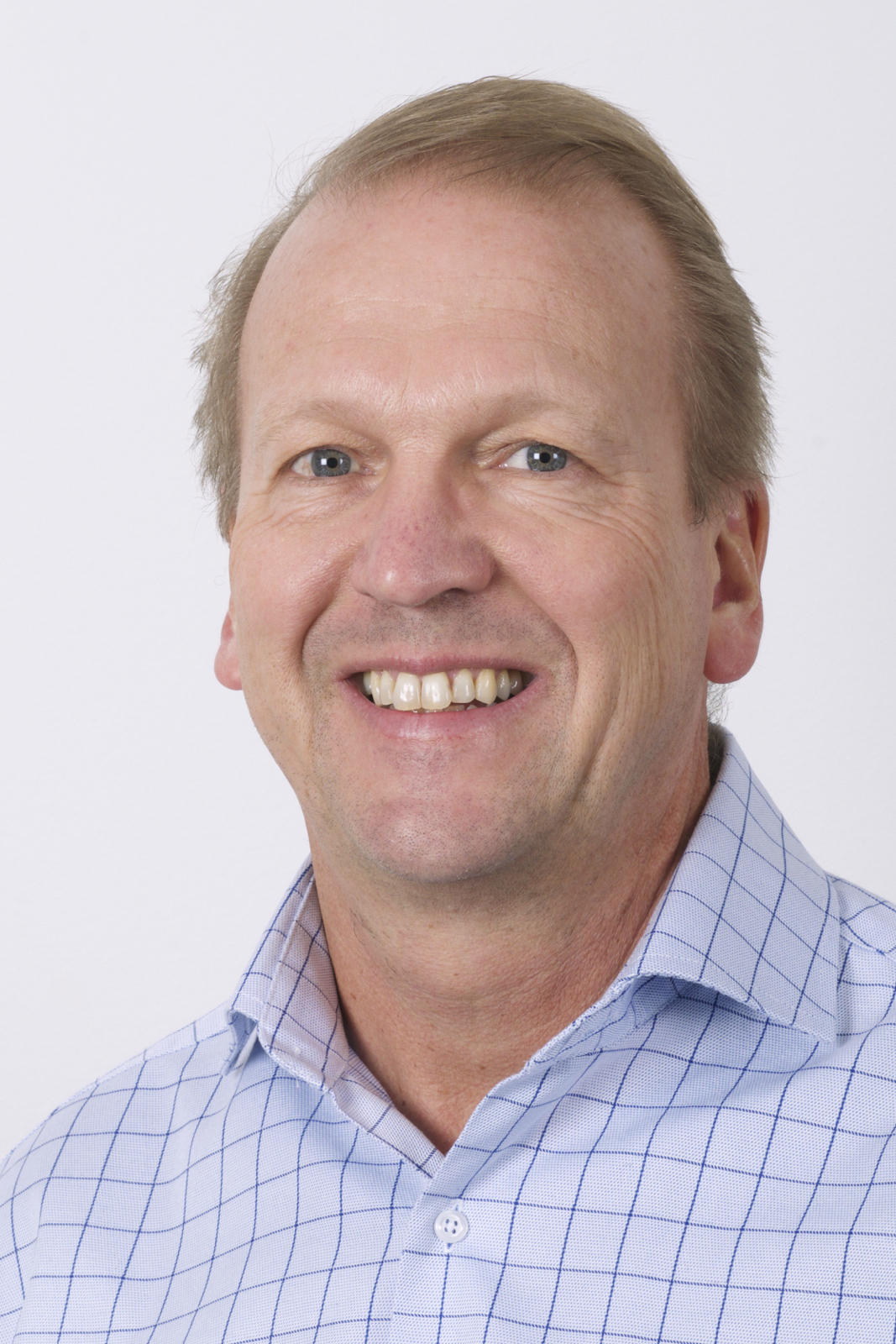
In violation of the law
In July 2016, the Ministry of Education and Research sent around a consultative document about changes in admission requirements in special cases. At that time, both the University of Oslo (UiO) and the University of Bergen (UiB) had sought permission for a five-year trial scheme that would introduce a 30 percent quota for men applying to professional studies in psychology. In addition, both universities wanted to set a minimum point ceiling for applicants under this quota.
In addition, UiB also sought permission to give two additional points – known as “gender points” – to men in professional psychology studies.
But in a circular recently released by the Ministry, the entire issue has been placed on a temporary hold. The document states that the gender quota scheme does not comply with relevant provisions of the Gender Equality Act on giving men the same level of positive differential treatment as women.
Wants male psychologists
Both universities are giving consideration to the document.
“We are still thinking about how we will proceed,” says Dag Rune Olsen, Rector of UiB.
“But today we have an obvious gender imbalance in the psychology programme, and that’s a challenge for a professional study programme like this. One issue is that the learning environment has a gender imbalance, but we are most concerned about psychology services for the users, that is, the segment of the population that needs a psychologist. We want to provide education in accordance with the needs we see out there, and so gender imbalance in the study programme is problematic,” says Olsen.
The users of psychological services are also uppermost in the mind of department head Pål Kraft.
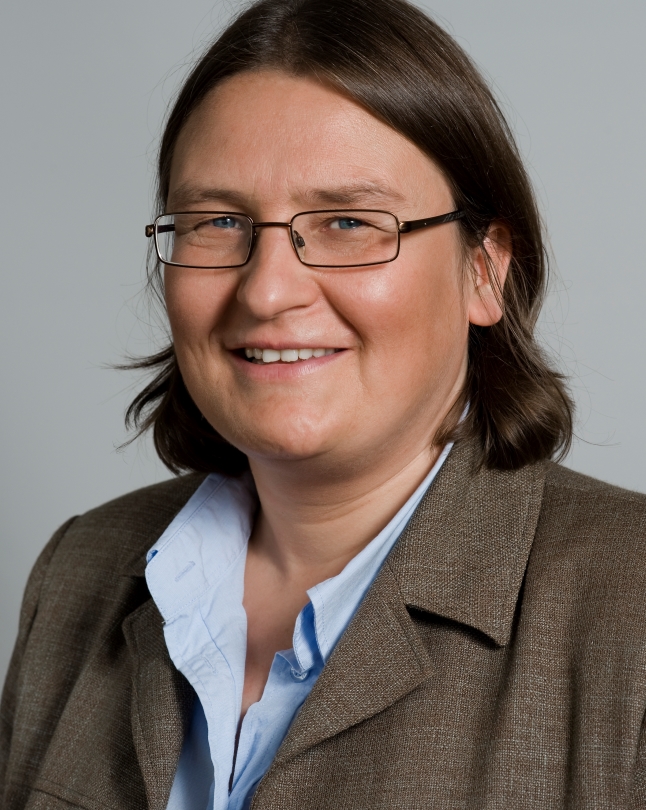
“International studies show that patients tend to have a preference about the gender of their therapist. Research indicates that when patients have such a preference from the outset, it’s significant for the effect of the therapy. In a treatment situation, establishing alliances and a good relationship between the therapist and patient is a crucial ingredient, so we must ensure that we are educating enough psychologists of both genders,” says Kraft.
“New measures are needed”
The Department of Psychology at UiO has been working for a long time to increase the percentage of male students in its professional study programme, in part by organizing “boys’ days” for male pupils in upper secondary schools. But the department’s desire for stronger measures, such as additional points for male applicants, was met with resistance by the university’s top-level management. In 2012, former Pro-Rector Inga Bostad said in an interview that gender points had been discussed within the university’s coordination group for gender equality, at deans’ meetings and among the management. Everyone agreed wholeheartedly to work in a targeted manner to improve the gender balance, but not by giving men additional points in the admission process.
“This has to do mainly with what comes before admission – that is, the motivation of the applicants. Giving points can easily give the impression that we are putting a bandage on the problem after the fact,” said Bostad to kifinfo in that interview.
Even though the leadership of UiO has now sought permission to use gender quotas for men who apply to professional psychology studies, it does not mean they have changed their minds, according to Pro-Rector Ragnhild Hennum.
“When we discussed the issue in 2011/2012, we agreed that if we were not able to increase the number of male applicants through measures such as “boys’ days” and the like during the next three to four years, we would have to discuss the matter again. And now we see that no, we have not managed to achieve better gender balance in the study programme. This is why we decided to propose a quota for male applicants. We would rather use quotas than additional points because we’re afraid that this will just make the grade requirements even stricter, and they are already high as they are.”
“Quotas are easiest”
Some may claim that using quotas to admit students to a professional study programme conflicts with the meritocracy argument – meaning that the best performance, in this case academic grades, must be the deciding factor in admissions.
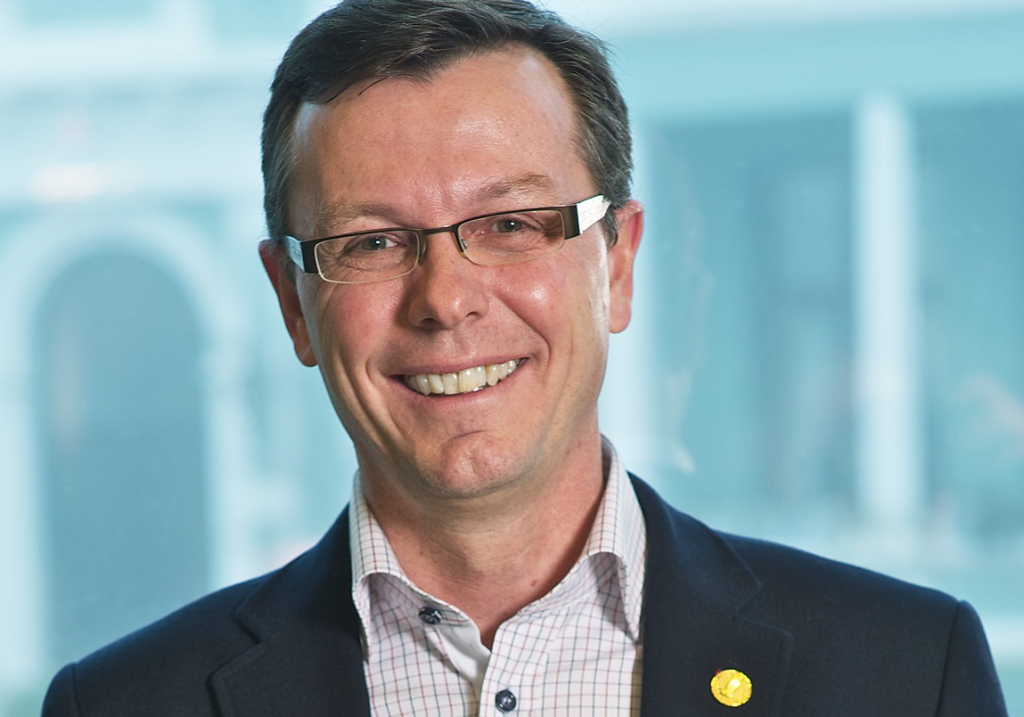
“Of course we want to have the best students,” says Rector Olsen of UiB.
“But there are aspects other than academic performance that are important for practicing a profession like psychology. And it’s clear that a decimal point here and there when you already have sky-high grades from upper secondary school is not necessarily what makes you a better psychologist,” he explains.
Moreover, a quota system is easier to handle administratively than giving additional points, according to Pål Kraft.
“With quotas you can achieve your aims very easily compared with other measures.”
Hennum says that although psychology is in the spotlight this time, the other health sciences also have challenges with gender balance.
“The problem is probably most evident in psychology. But we have subjects like clinical nutrition studies that hardly have any male students. In this case, however, we don’t have many male applicants, so we need to use measures other than quotas,” she says.
What about ethnic diversity in the psychology programme, one could also ask.
“The problem isn’t just a lack of men, is it?”
“Clearly it’s a challenge that we recruit students from among ethnic Norwegians to such a great extent. However, we see that academically gifted, second-generation immigrants, both men and women, generally choose medicine, dentistry or other professional studies. They don’t choose psychology to the same degree, but this nonetheless gives us hope that in a few years we will see classes of psychology graduates who more closely reflect society as a whole,” says Dag Rune Olsen.
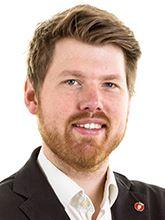
The Government wants to amend the law
But in the meantime, both the University of Oslo and the University of Bergen are waiting to see if a new Gender Equality Act will allow them to use quotas to admit male students to professional psychology studies. In an email, Atle Simonsen, who serves as a political adviser in the Ministry of Children and Equality, wrote the following to kifinfo:
“The Government wants greater equality between men and women, and will therefore increase the opportunities to apply positive differential treatment to men in the draft of a joint equality and anti-discrimination law. We plan to present the draft legislation to the parliament this spring.”
Ragnhild Hennum emphasizes that UiO does not have a sole interest in changing the Gender Equality Act.
“We understand very well that gender points and quotas are controversial measures, and we see that there is a complicated aspect to this in the legislation. It is the legislative authorities that must determine if something must be done, and if so, how.”
“If there is no change in the legislation, the Department of Psychology will not take any more action on this matter,” says Pål Kraft.
“We have tried so many different things, but we see that measures on a structural level are needed to bring about a change, and that it is others, not us, who must ensure that it happens. We have pointed out the problem of a lack of gender balance, but others must decide if they want to do anything about it,” says Kraft.
Translated by Connie Stultz.
Gender points are additional points for the underrepresented gender.
Female applicants receive two additional points when applying to these study programmes:
- Engineering science (bachelor’s level), except for a specialization in chemistry
- Agricultural studies
- Maritime studies at university colleges
- Integrated master’s degrees in technology and engineering at NTNU in engineering science and ICT, marine technology, product development and production, electronic system design and innovation, cybernetics and robotics, communication technology, data technology, physics and mathematics and materials technology
Male applicants receive two additional points when applying for these study programmes:
- Veterinary science at the Norwegian University of Life Sciences
- The veterinary assistant programme at the Norwegian University of Life Sciences
Source: Regulations regarding admission to higher education (Circular F-01-17)

